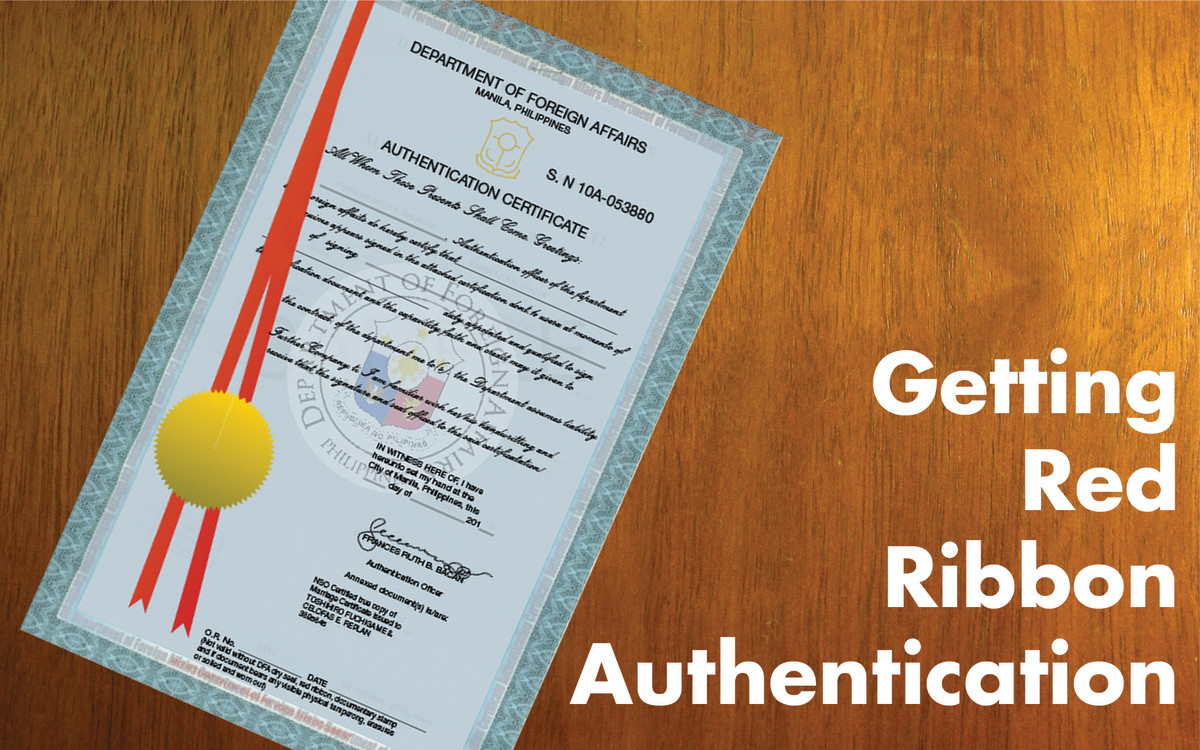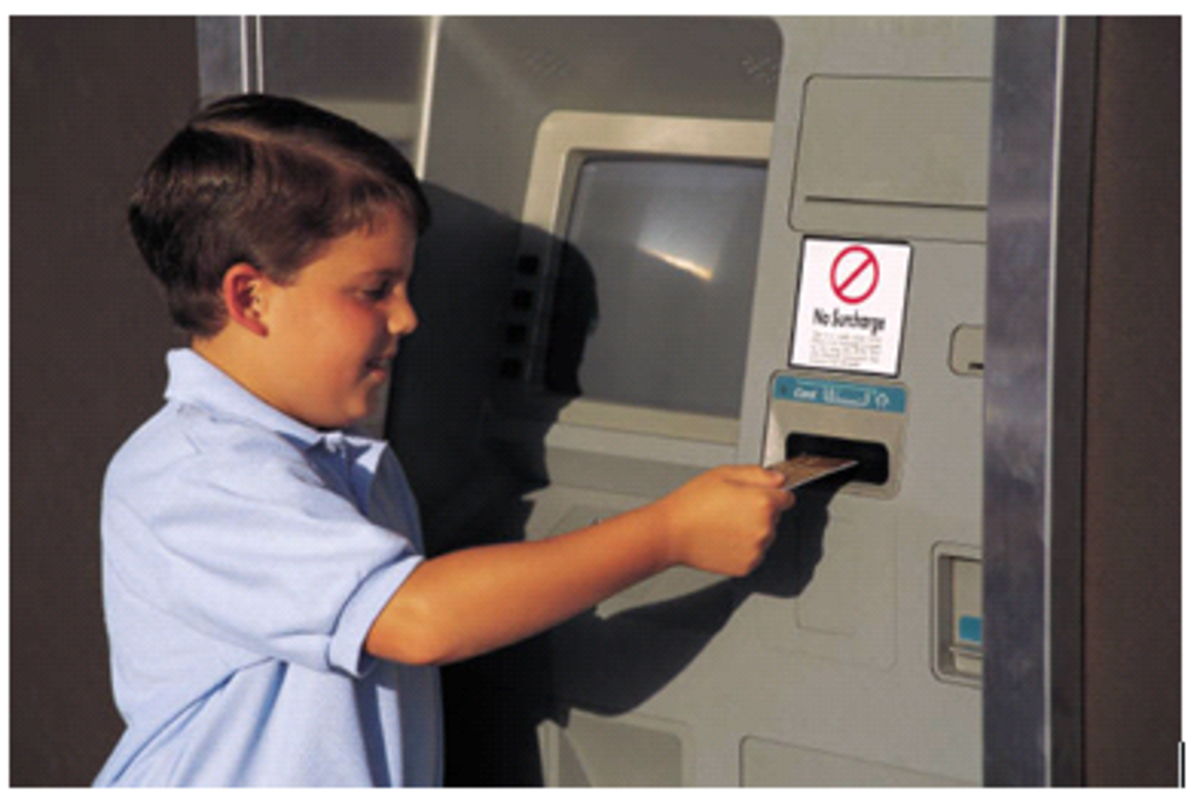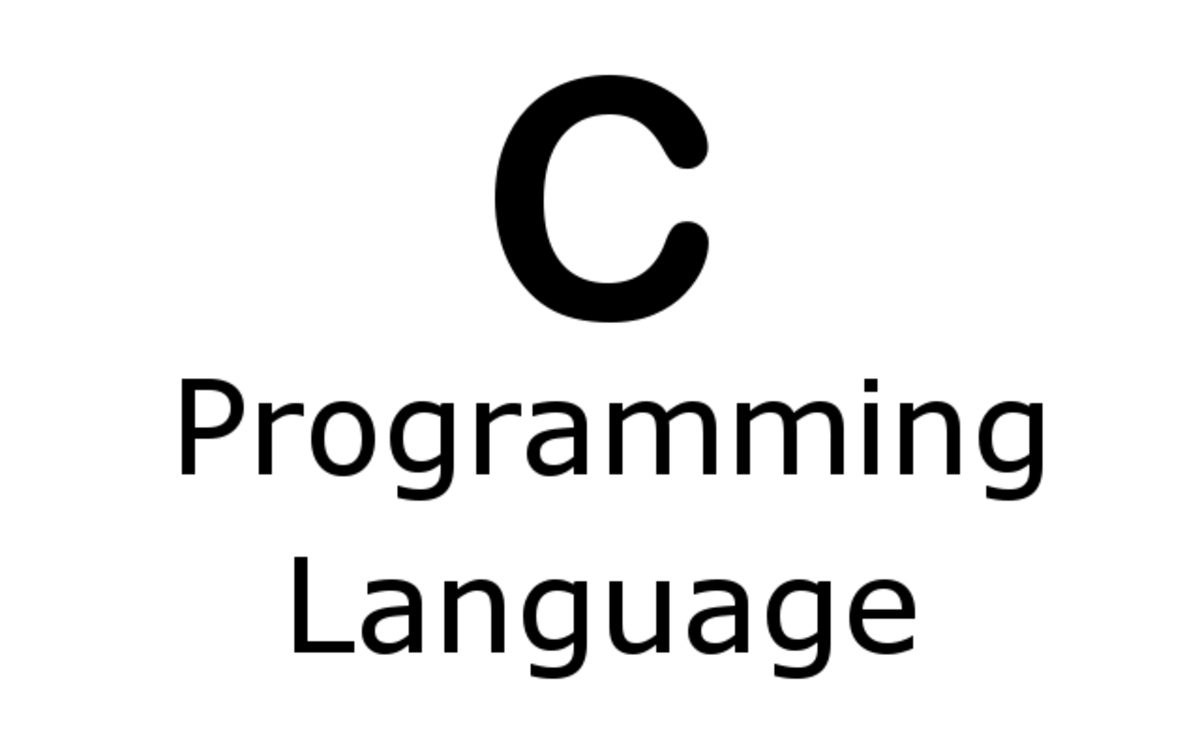- HubPages»
- Technology»
- Computers & Software»
- Computer Science & Programming
Can We Switch Over to Dematerialization of Our Valuable Documents?
Bombay Stock Exchange

Dematerialization an ultimate answer to Check Forgery
Present Scenario – Demat accounts for trading in securities:
Presently Demat accounts are opened by depositories or depository participants to hold the securities, shares, debentures of the shareholders and investors in electronic form. Prior to the launch of depository services the share certificates, debentures used to be in Paper form and physical deliveries had to be made in sale or purchase transactions through stock markets. These paper securities had to be stamped as per stamp acts and had to be lodged with company registrars for endorsing the name of the transferee. Paper Securities involved the following risks:
- Forged securities. Though legal remedies were there, the invested funds got blocked until the recovery from the forger.
- Bad delivery due to signatures not matching.
- Risk of wear and tear while handling.
- Risk of loss or theft.
- Risk of paper being eaten away by termites or fungus.
- Defacing of securities while stamping on every transfer.
- Wastage of time in keeping securities safe after every transaction.
Now with the dematerialization, all the above risks have been eliminated. All the credit goes to electronic media and online services. Now the Banks in India and all over the world are offering 3-in-1 accounts comprising of:
- Saving Fund or Current Account.
- Demat account for sale, purchase, and balance of securities held.
- Trading Platform or account.
The investors can make online sale or purchase of securities with almost instant credits for sales and debits for purchases made. If investors are trading through brokers then they must know How Stockbrokers Cheat Buyers.
Futuristic Approach:
Had we not visualized the future in advance than the past civilizations all over the world would have remained in the stone age and I would not have been publishing this very article which can be viewed all over the globe in seconds. This very instinct of the human mind makes the new inventions possible in various new fields. With the future in my mind, I can think that the concept of dematerialization or keeping the documents in electronic form or link form will be the most used technology of the future. We can use the dematerialization concept is storing the following type of documents which can be interlinked with the websites of registrars of births and deaths all over the world and can also be linked to Unique Identification Number in India and Social Security Number in the United States or whatever be the nomenclature in other countries:
- Keeping University Degrees of Recognized Universities to rule out the possibilities of either fake universities or fake degrees. These accounts balances will be non-transferable.
- Keeping Title to Properties situated anywhere in the word as per revenue records. On transfer or sale, the electronic records will get credited or debited instantly at the time of transfer. Such transfer of titles can be linked to the bank accounts for realization on sale or payment on a purchase. This will weed out black money as real estate is the biggest known source of black money.
- Marriage Certificates can be in Demat shape so that in social life individuals cannot cheat anybody as in case of NRI bridegrooms cheating the innocent Indian girls in the state of Punjab.
- Recognized Awards, Prizes, Sports Medals, and Honors awarded can be in Demat shape.
Individuals tend to show their achievement only and cheaters cheat the public, employers, buyers and sellers, society at large by producing fake credentials. While linking, Unique Identification Number in India or Social Security Number in United State, to keep a track account of major events concerning individuals starting from birth to death including criminal records, spending more than known source of income, economic offenses along with tax avoidance, may not be far from reality in future when the individuals will be keeping their personal private documents, private photo albums in the shape of URL (Uniform Source Locator) link in highly secured Google Drive – the dematerialized accounting systems for items at Sr.No. 1, 2, 3 and 4 can be made possible for e-governance of the world by the United Nations Organization on the principles of co-existence in a civilized society.
Dematerialization of Educational Degrees
If universities, all over the world, switch to digitization of their records and instead of conferring the physical degrees through convocations, this will not only save paper, printing costs but the world will get rid of fake degree rackets, loss of physical degrees and going through the intricate process of getting issued the duplicate degrees. Such digital degrees can have either the owner's personal brief like name, gender, date of birth, photograph, name of father and mother on the face of degree itself or link to the owner's profile in the Demat account with the educational repository, which may be updated with latest photo identity, every five years subject to the condition that the access to change the records gets locked immediately after conferring of the degree and previous photo records remain in tact. Such Demat accounts may have the option to provide access to only view the legal heirs of the degree holder so that the family history of educational degrees can be preserved as a family tree. Such dematerialization of degrees will provide data on number of individuals with degrees or specialized degrees like MBBS, MD, DM, DNB, B.Tech, P.hd subject wise, geographical location wise so as to plan opening of New Universities in geographical locations where the per capita Universities or Degrees are lesser as compared to other locations.
Digitalization or Dematerialization of World Records will improve Governance
Dematerialization of Title to property
Title Deed to ownership of property require so many cumbersome procedures like:
- Agreement to sell
- Registered or Unregistered Will
- Payment of Stamp Duty
- Registration of Property with Revenue Authorities.
- Payment of consideration.
All the above issues are source of challenge in legal terms as the parties involved refuse to own the genuineness of agreements, registered or unregistered wills are also challenged on flimsy grounds. Stamp duty is avoided or even for years together fake stamp papers are used to cheat the public exchequer, impersonation cases are not ruled out while executing the registration process and black money accounts or swiss bank accounts are used to complete the transactions. Real Estate market deals are the biggest source of creation of black money. if digitalization of the all the above procedure is carried out through digital signatures, Wills will not be challengeable, stamp duty will go to government accounts online and transfer of title to property from seller's demat account to purchaser's account will be smooth, free of defects. Imagine that all the land records inch by inch, as per satellite maps by Google Earth, are available in the demat account of countries, states, cities, villages and individuals or body corporates and no land remains to be demarcate on the Google Map. However all land erosions from time to time will have to be accounted for and in case of disasters through tsunamis and earthquakes as happened in Japan 2011. Rehabilitation process in such disasters will also be free of defects and favoritism and the boundaries of the countries will be demarcated for which the Global Dematerialized records will have to be controlled by an international organization with representatives of all sovereign states.
Step in the right direction
Taking a clue from the article the state governments of Andhra Pradesh and Haryana in India have started the process of digitisation of records of registrar of sale deeds so that the intervention of the revenue tehsildars is minimised to do away with the corruption involved in manual registration. The day is not far away when every inch of earth will be accounted for digitally and the public will be able to verify the ownership records of all agricultural, commercial, residential of surplus government lands. The law enforcing agencies will be able to demolish the encroachments as the local law enforcing agencies will be checking the changed happening in the digital land records which may not be allowed without the authorisation of registrars who will put in the remarks for changing the existing land records.
Effect of Dematerialization
Dematerialization of important document will save time, energy, money and fraudulent use of physical document as in the recent case of Jitender Singh Tomar, Law Minister in the Arvind Kejriwal New Delhi Government whose B.Sc. and L.L.B. degree was found to be fake.
- Now Delhi Police is making huge expenses to probe if the degrees were really fake involving loss of Police Manpower days, money and time.
- In the probe more things will come to light like recognised university of even fake university.
However if everything is dematerialized then fake degree, documents or universities will automatically disappear from the scene. The prima facie responsibility of vetting of genuine degrees, documents or universities will lie with the Government Regulatory Authorities. (Update by Author on 13/06/2015).
© 2013 Ashok Goyal








